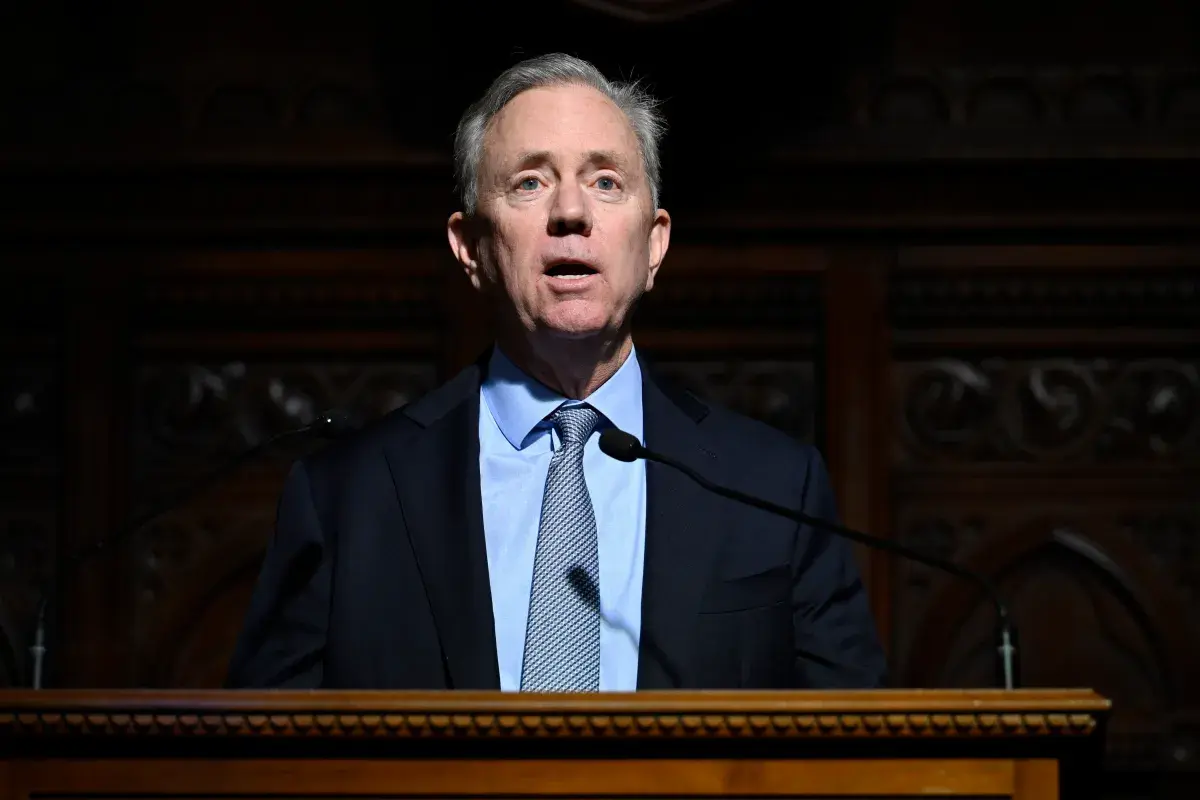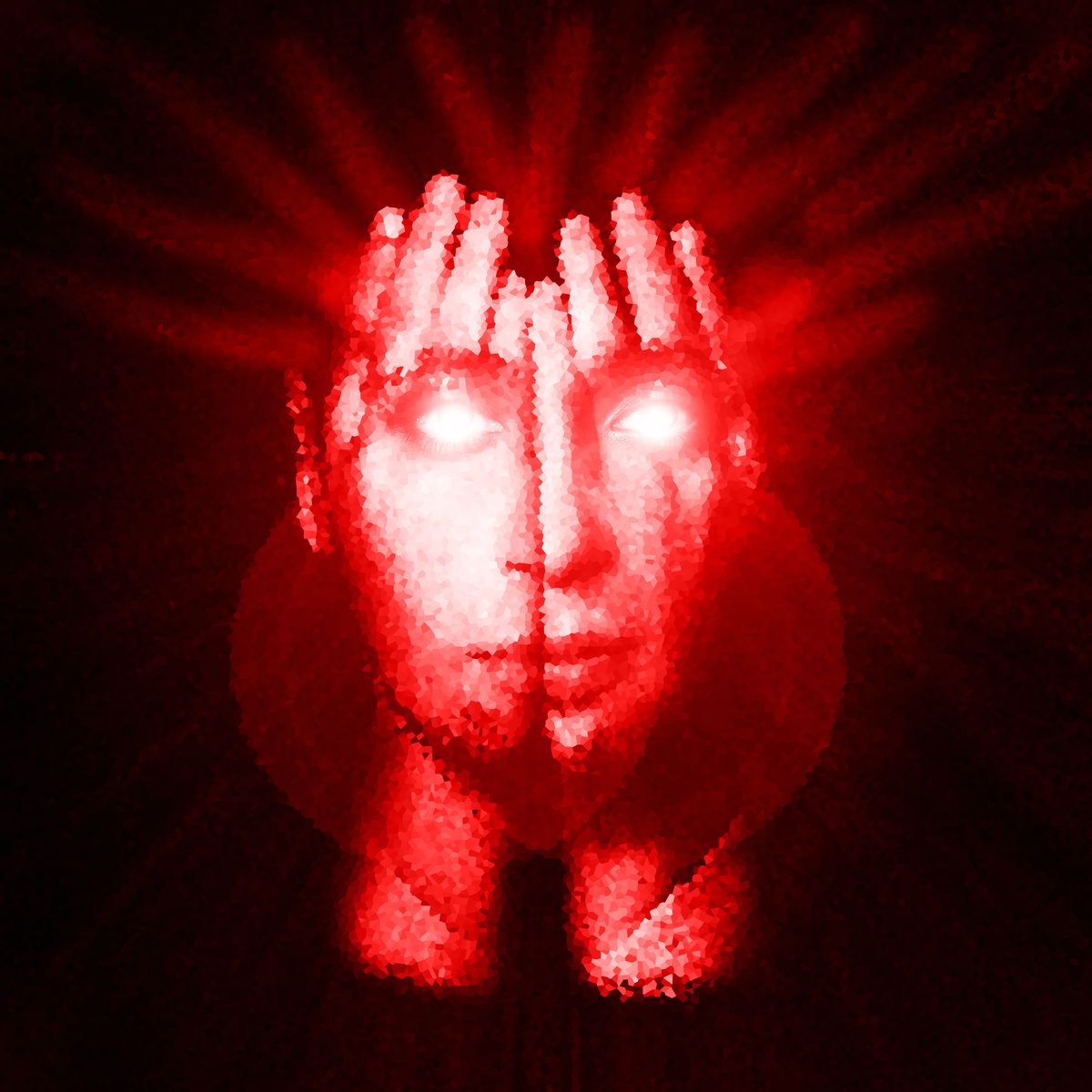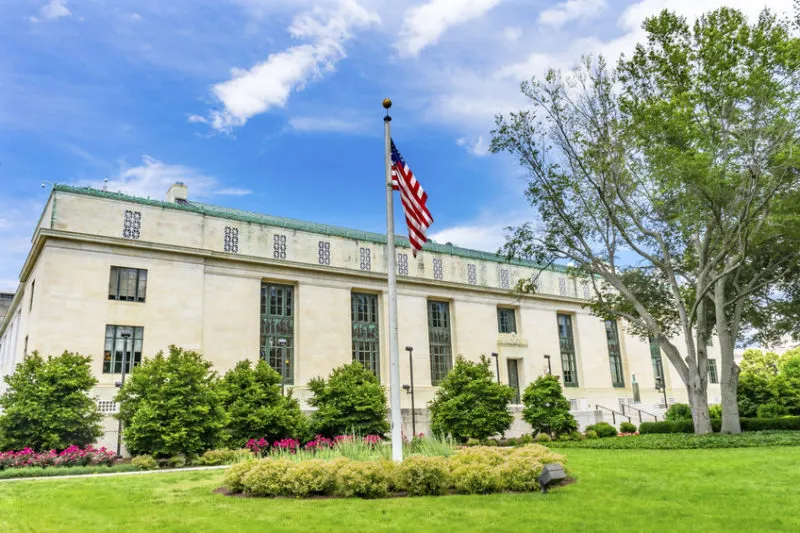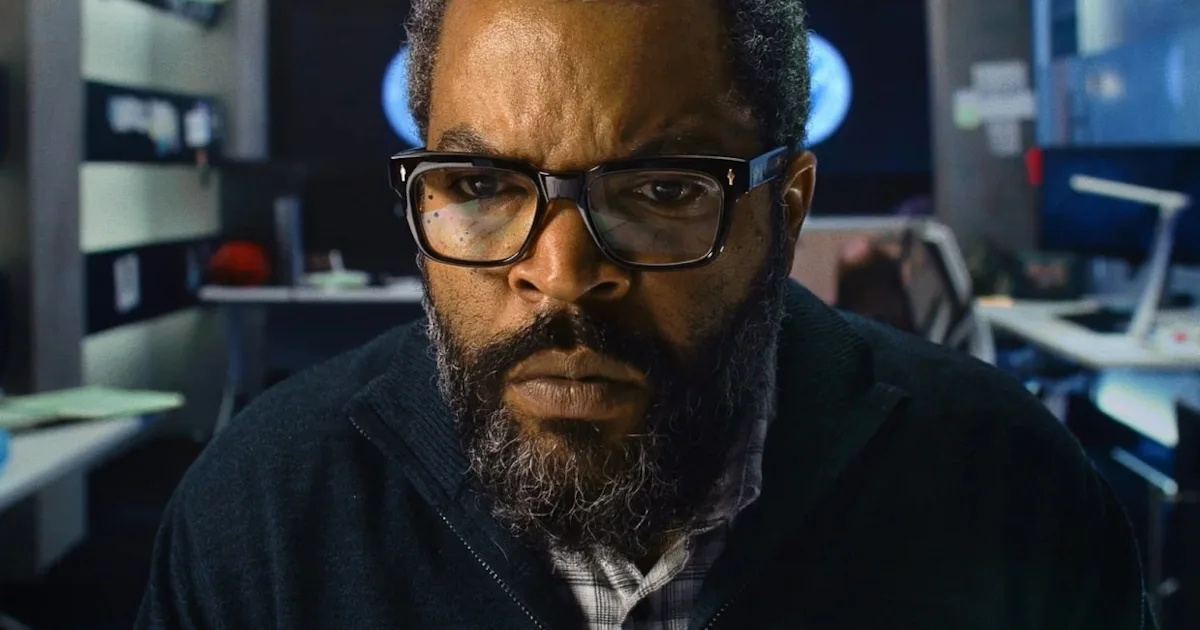
New laws covering topics including new protections for lottery winners and a change to the state’s laws pertaining cousins marrying are set to take effect in Connecticut starting on October 1, 2025.
Newsweek has reached out to the office of Governor Ned Lamont for comment via email.
Why It Matters
The new laws that take effect this Wednesday could have implications for the nearly 3.7 million people living in the Nutmeg State. In addition to the lottery and first-cousin marriage law changes, other new legislatures cover areas including hunting, criminal justice and a new traffic offense. Public acts passed in Connecticut go into effect on October 1 of each year.
Changes to Connecticut Lottery Laws
One new law will allow lottery winners in Connecticut to have a bit more privacy. The law would prohibit the Connecticut Lottery Corporation from publishing the name, address or photograph of anyone who wins without their written consent.
“If a person who redeems a winning lottery ticket requests to be excluded from the list of winners published on the corporation’s internet website, the corporation shall remove such person’s name from such list not later than five days after receiving such request,” the bill, signed by Lamont earlier this year, reads.
The new law is also intended to address lottery ticket resales and courier services.
First-Cousin Marriage Ban
Connecticut will also ban marriage between first cousins after a bipartisan bill was signed into law by Lamont. It will not invalidate current marriages, but first cousins will no longer be able to wed in the state.
Dozens of other states across the country already ban first-cousin marriage. Legislators have cautioned that procreation between cousins can increase the chance of birth defects.
Hunting on Sundays
Connecticut will now allow permit hunting on Sundays, so long as it occurs on private property, reported The Connecticut Mirror. Others include a stricture that prohibits hunting within 40-yards of a blue-blazed or federally designated hiking trail.
Hunters may also not hunt migratory birds on Sunday, according to the report.
Driving, Towing Law Changes
Connecticut lawmakers have also passed a bill that will impose stricter penalties on excessive reckless driving for drivers in an attempt to increase road safety in the state. Drivers who are caught going more than 100 mph will be fined between $200 and $600 or face up to a 30-day prison sentence. For following offenses, fines could reach up to $1,000 or a one-year sentence.
A separate law will make changes to towing in the state. The new law will require companies to take more steps to allow owners to claim their towed vehicles. Companies will also not be allowed to sell towed vehicles until 30 days, an increase from the 15-day requirement that was already in place.
Towing companies must now accept credit cards and cannot tow due to an expired parking permit or registration, reported The Connecticut Mirror. The law also prohibits the towing of vehicles on private property in most instances—unless they are blocking traffic, fire hydrants or are in a disabled spot.
Pistol Permit Changes
A new law changing the process to obtain a pistol permit has also gone into effect. It would allow Connecticut towns without a police officer to allow a resident state trooper to have “local permitting authority” for pistols. It would not affect towns that already have a police department, which would continue authorizing.
Handcuffing of Children
Another bill will prevent children who are younger 14 from being handcuffed upon initial contact with a police officer, with some exceptions such as when it is needed for public safety, according to a press statement from the Connecticut Senate Democrats.
Senate President Martin M. Looney, a New Haven Democrat, said preventing “unnecessary restraint” will “help remove excess violence from our system.”
What People Are Saying
Democratic State Representative Steve Stafstrom told the Connecticut Post: “Science shows that procreation between first cousins increases the chances of birth defects. We also didn’t want to penalize or jeopardize any marriages that occurred when it was legal.”
Connecticut Attorney General William Tong said in a May news release following the House’s vote to approve the reckless driving bill: “From excessive speeding and reckless lane changes to distracted and intoxicated driving, this brazen lawlessness puts all of us in danger. Tonight’s unanimous vote sends a powerful bipartisan message to those who ignore our laws and imperil our safety—this reckless misconduct will not be tolerated. I look forward to working with the Senate to get this over the finish line.”
What Happens Next
The 2026 Connecticut legislative session will begin on February 4, 2026, and end on May 6, 2026, according to the General Assembly.



